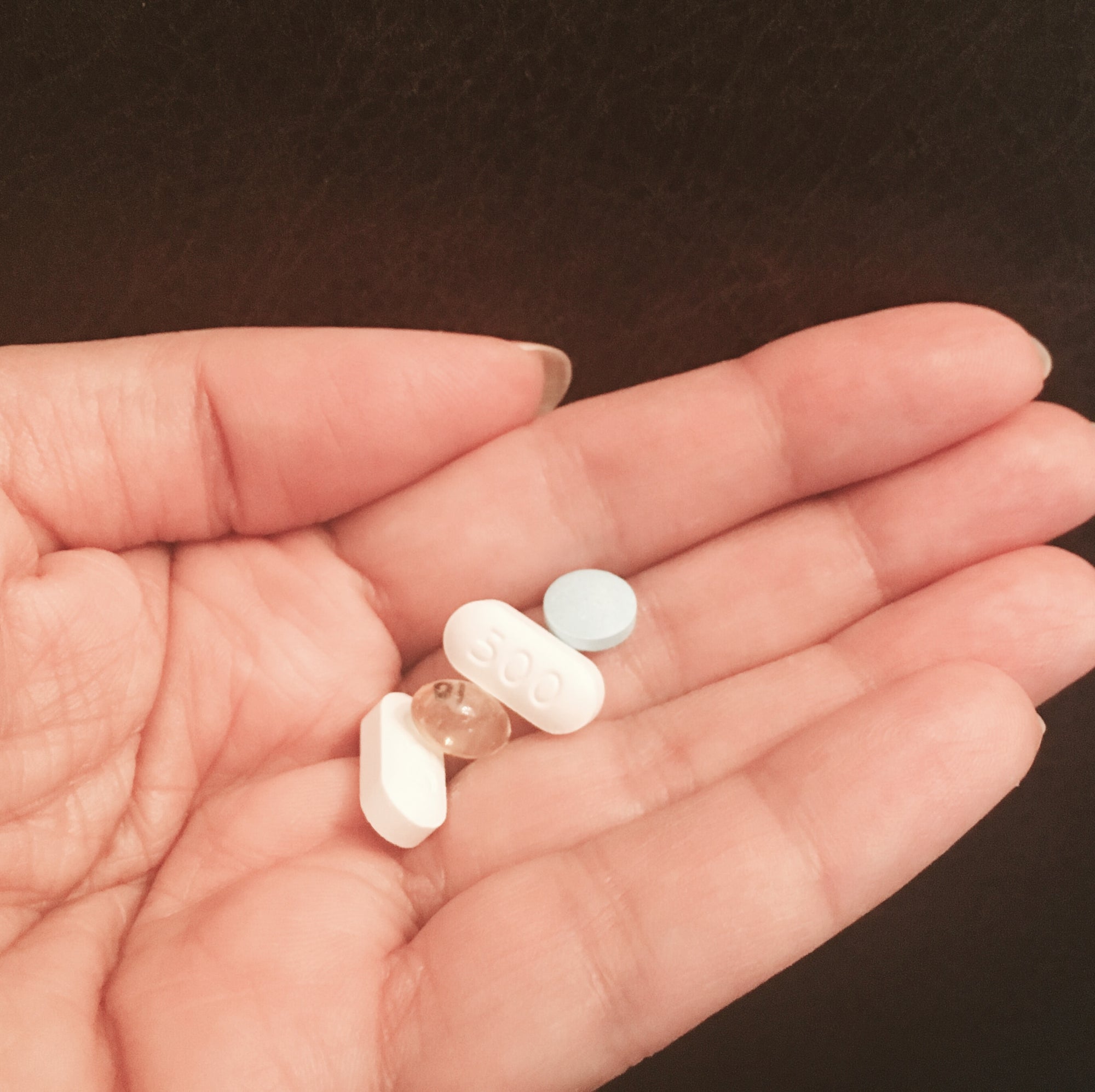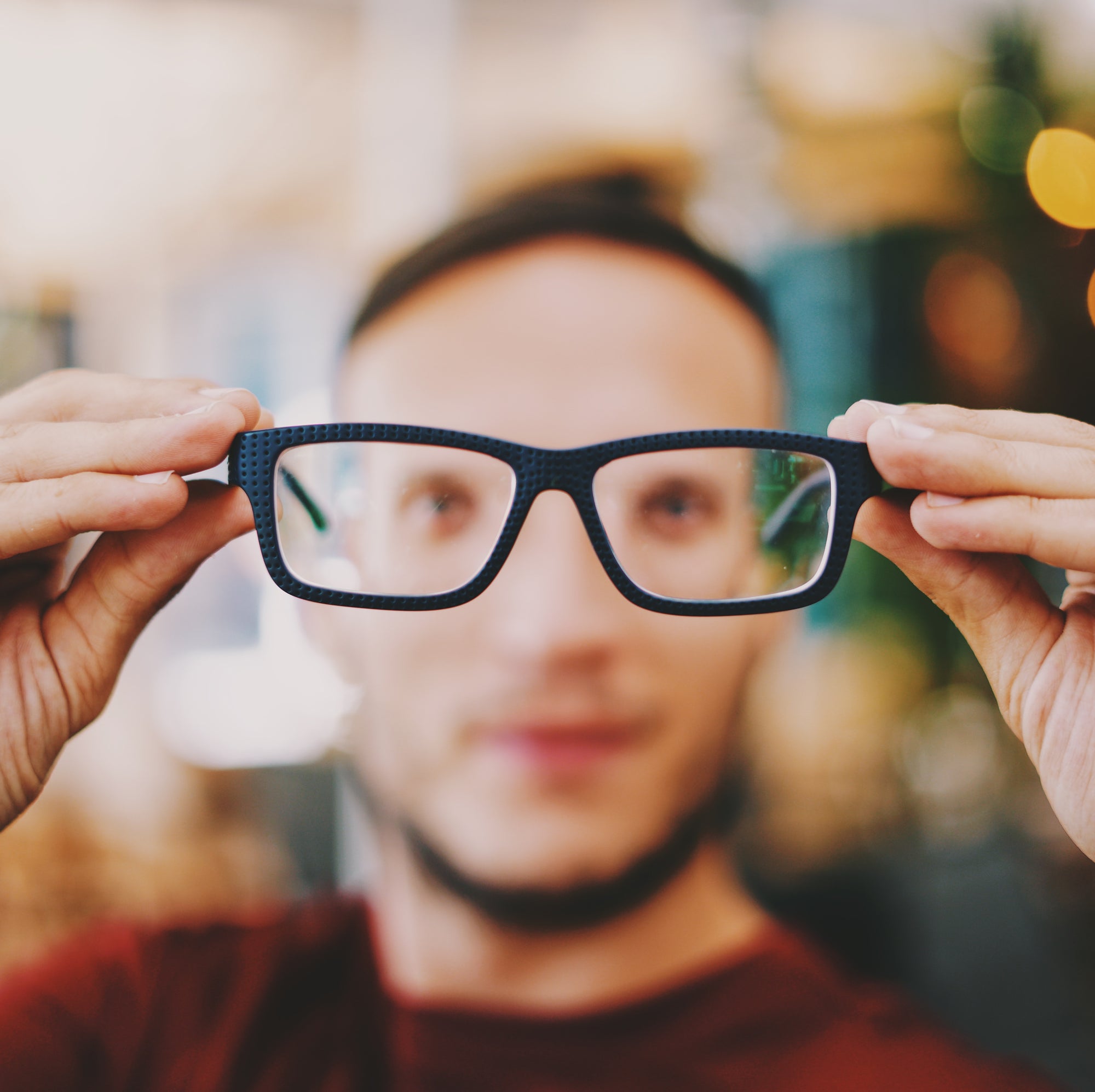Macular Degeneration is an eye condition in which the macula, a sensitive area in the retina responsible for central and detail vision, is damaged, often causing loss of central vision.
Types of Macular Degeneration
“Dry” (Atrophic) Form – usually progresses slowly and causes central vision loss. “Wet” (Exudative) Form – rarer, and more severe. May progress rapidly causing significant central vision loss.
Who Gets It?
Most common in people over 60, but can appear as early as age 40. Macular degeneration is the most common cause of severe vision loss among people over 65, and, as life expectancy increases, the disease is becoming an increasingly significant problem.
Causes of Macular Degeneration
There is no conclusive proof as to what causes macular degeneration, however, some scientists believe heredity may play a part, as may UV light exposure and malnutrition.
Can Macular Degeneration Be Prevented?
Although there is no hard evidence as to how to prevent macular degeneration, these steps may help:
Regular eye exams by your eye care professional. Ophthalmologists and optometrists are specially trained to detect many vision-threatening conditions even before you develop symptoms. The earlier the problems are detected, the better chance of preventing vision loss.
Protection from UV-A and UV-B rays. Some studies have suggested that prolonged or frequent exposure to UV-A and UV-B rays may be a factor in macular degeneration and other eye conditions, so always wear your sunglasses that block 99 to 100% of UV rays when outdoors.
Proper nutrition. Although there is no concrete evidence that nutrition plays a role in macular degeneration, a healthy diet can’t hurt and can prevent many other health problems. Some ophthalmologists and optometrists may recommend vitamin or minerals to supplement your diet.
Low Vision Rehabilitation
This can help people who have experienced mild to severe vision loss adjust to their condition and continue to enjoy active and independent lifestyles. Rehabilitation may involve anything from adjusting the lighting in your home to learning to use low vision aids to help you read and perform daily tasks. Your eye care professional can arrange rehabilitation or refer you to organizations that can help.














